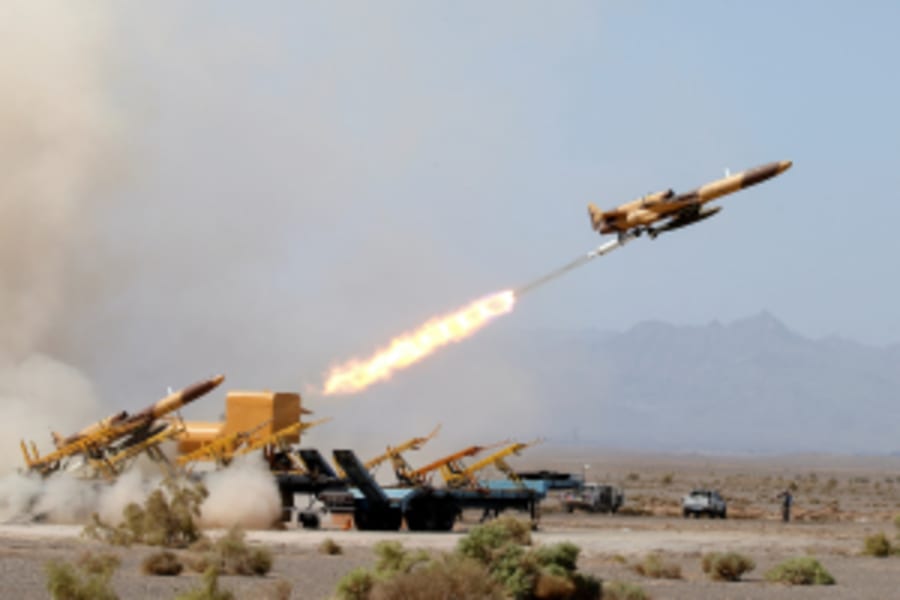Israeli cybersecurity industry booming amid surge of Iranian-led hacking attacks

Israeli cybersecurity startups are booming during the nation's war against the Hamas terrorist organization in Gaza. The current conflict serves as a real-world testing ground for Israel's cyber defense capabilities, particularly amid the significant uptick in hacking attempts led by Iran and its terror proxy Hezbollah.
While the Gaza war has had some negative impact on the wider Israeli tech industry, the Israeli cyber sector noted $985 million in mergers and acquisitions during the first quarter of 2024. Furthermore, Israeli cyber tech startups attracted $620 million from investors during the same period.
In 2023, the Israeli cyber tech sector generated a record-high deal amounting to $7.1 billion.
Amir Rapaport, the founder of the company Cybertech, said that the positive inflow of capital into Israel's cybertech industry will continue in 2024, fueled by growing global cyber threats.
“The trend of increased mergers and acquisitions in Israeli cyber, which began last year, continues into 2024, as global cyber threats grow year by year,” Rapaport said. “In contrast to other sectors, geopolitical tensions increase interest and investment in cyber companies."
“Therefore, we expect to see more investments in Israeli cyber companies and new startups that address emerging threats,” said Rapaport.
Although Hamas is a Sunni Jihadist organization, it has become a terror proxy for the Iranian Shiite ayatollah regime. Tehran has backed Hamas with significant support, including funding, military equipment and training. In addition, Iran has deployed its cyber resources to assist Hamas in the war against Israel.
In February, the Microsoft Threat Analysis Center (MTAC) published a report that assessed the surge in Iranian-led cyber attacks against Israel and Israeli-affiliated targets.
“As the Israel-Hamas war broke out on October 7, 2023, Iran immediately surged support to Hamas with its now well-honed technique of combining targeted hacks with influence operations amplified on social media; what we refer to as cyber-enabled influence operations,” the MTAC report stated.
“By late October, nearly all of Iran's influence and major cyber actors focused on Israel in an increasingly targeted, coordinated, and destructive manner, making for a seemingly boundless ‘all-hands-on-deck’ campaign against Israel. Unlike some of Iran’s past cyberattacks, all of its destructive cyberattacks against Israel in this war – real or fabricated – were complemented with online influence operations,” the report added.
MTAC noted that Iran focused its hacking efforts on building discord among Israelis regarding the Gaza war.
“Iran’s targeting of Israel during the Israel-Hamas war has increasingly focused on stoking domestic conflict over the Israeli government’s approach to the war."
Iran and its allies have also targeted critical Israeli organizations, such as hospitals. In December, the Israeli Cyber Directorate revealed that Iran and its ally Hezbollah had launched a cyberattack against the Ziv Medical Center in the northern city of Safed.
Despite the surge in Iranian-led cyber-attacks, the impact in Israel has so far been relatively minor, mostly affecting websites with temporary outages
Israel has emerged as one of the global leaders in cybersecurity and has responded to threats with sophisticated cyber attacks targeting key assets in the Iranian regime.
We recommend to read:

The All Israel News Staff is a team of journalists in Israel.

















